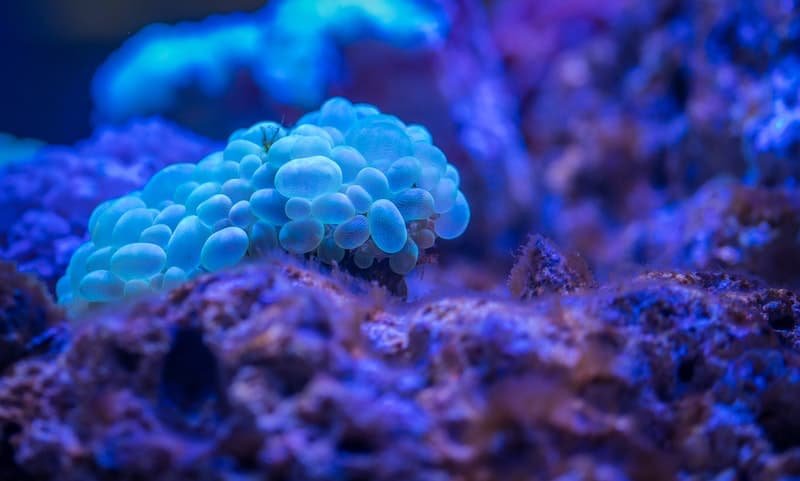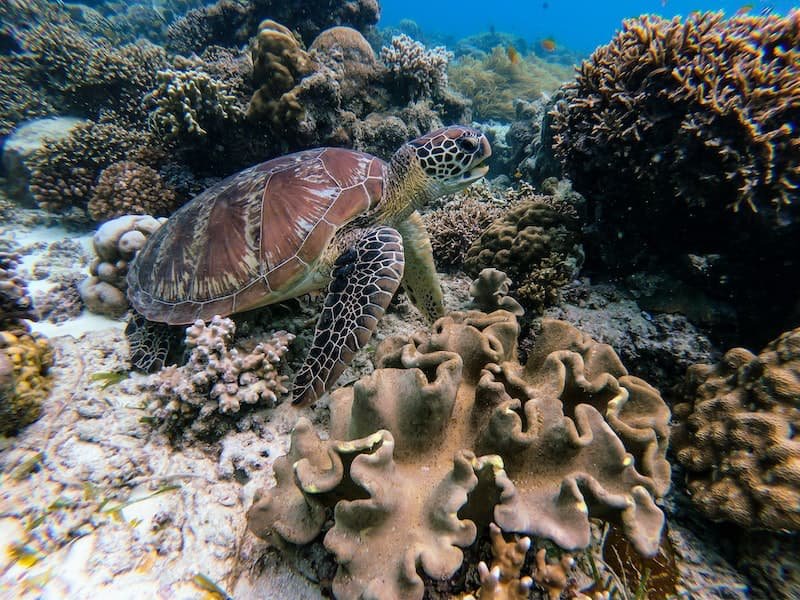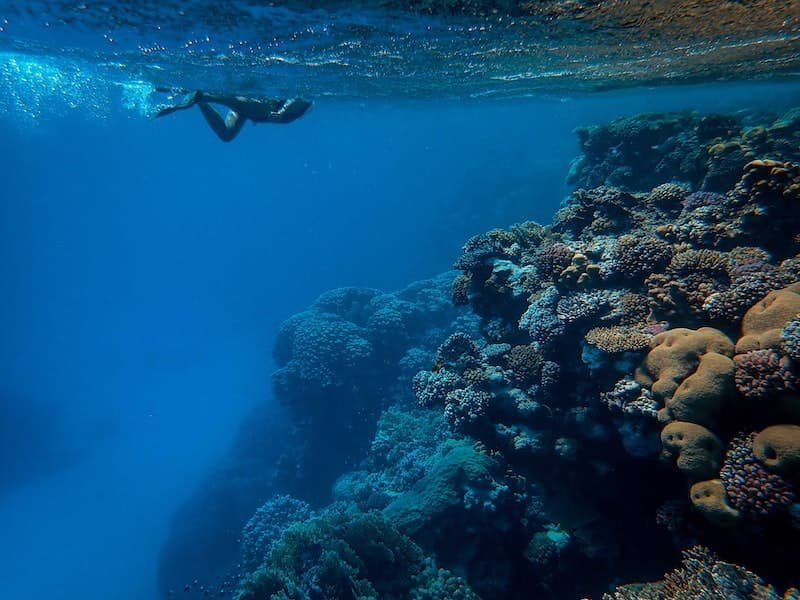
 Olivia Møller
Freediver - Activist - Explorer
Olivia Møller
Freediver - Activist - Explorer

 Olivia Møller
Freediver - Activist - Explorer
Olivia Møller
Freediver - Activist - Explorer
Immersed in the depths of our planet's oceans, coral reefs emerge as ethereal landscapes adorned with breathtaking hues and teeming with life. Beyond their enchanting beauty, these underwater marvels play an extraordinary role in safeguarding the health of Earth's vast aquatic ecosystems. In this article, we embark on a captivating exploration of the profound significance of coral reefs, shedding light on their pivotal contributions to biodiversity conservation, fisheries sustainability, coastal protection, climate regulation, cultural heritage, and the intertwined tapestry of human and marine life.
Within the intricate labyrinth of coral reefs, nature's incredible diversity thrives. These vibrant ecosystems rival the most lush rainforests, providing a haven for an astonishing array of marine species. Fish, invertebrates, and marine plants find refuge and sustenance within the labyrinthine structures of the reefs, perpetuating the delicate balance of life beneath the waves.
Coral reefs serve as veritable nurseries and vital breeding grounds for numerous economically important fish species. These remarkable habitats harbor juvenile fish, offering shelter and nourishment during their formative stages before they venture into the vast expanses of the open ocean. By supporting thriving fisheries, coral reefs sustain the livelihoods of coastal communities and foster food security for millions of people around the world.

In the face of nature's fury, coral reefs stand as formidable guardians, safeguarding vulnerable coastlines from the ravages of erosion, storms, and pounding waves. With their intricate structures, these resilient ecosystems dissipate the energy of incoming waves, mitigating their impact on shorelines. Coral reefs form a natural buffer against flooding, fortifying human settlements and shielding invaluable coastal ecosystems such as mangroves and seagrass beds.
Amidst the escalating climate crisis, coral reefs emerge as stalwart allies in our battle for a sustainable future. They assume the role of potent climate regulators, acting as crucial carbon sinks that absorb and store substantial amounts of carbon dioxide from the atmosphere. Through the remarkable process of calcification, corals extract carbon dioxide, converting it into calcium carbonate as they build their stony structures. Preserving and nurturing coral reefs is pivotal in mitigating climate change and reducing greenhouse gas emissions.

Embedded in the cultural fabric of coastal communities, coral reefs possess profound significance for indigenous cultures worldwide. These remarkable ecosystems intertwine with local beliefs, traditions, and ways of life. Serving as a wellspring of inspiration for art, music, and storytelling, coral reefs nurture cultural identity and foster a deep spiritual connection between humanity and the marine realm. Their conservation ensures the preservation of invaluable cultural heritage and the harmony of social cohesion.
Coral reefs beckon millions of avid explorers each year, casting their spell and offering a portal to the wonders of the underwater world. The breathtaking beauty and unparalleled biodiversity of these ecosystems make them cherished destinations for snorkeling, diving, and a myriad of recreational activities. The ecotourism industry revolving around coral reefs creates a boon for local economies, generating employment opportunities, and fostering sustainable development in coastal communities.

Coral reefs stand as the irreplaceable sentinels of our planet's oceans, guarding the fragile balance of marine life and human well-being. As we immerse ourselves in the profound significance of these awe-inspiring ecosystems, their vital importance becomes unmistakable. Protecting and conserving coral reefs transcends an ecological imperative; it emerges as an ethical and moral responsibility for the preservation of the delicate tapestry of life on Earth. By embracing understanding and collective action, we can forge a sustainable path forward, ensuring the perpetual splendor of these invaluable ecosystems for generations to come.